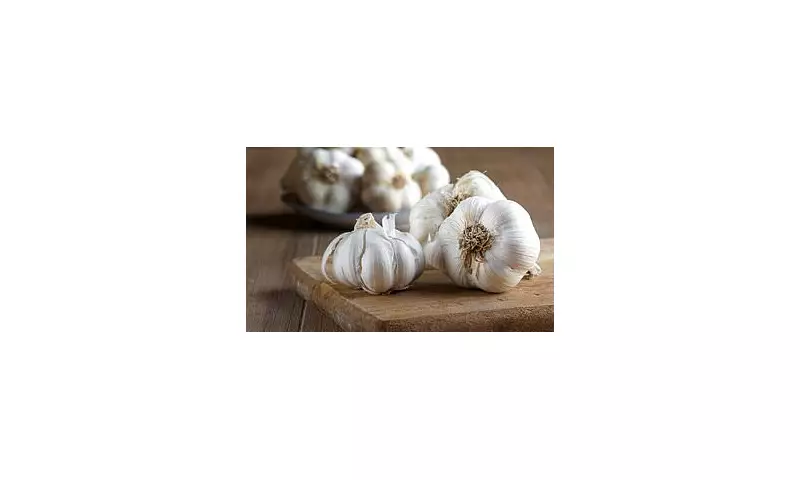
For a humble bulb, garlic punches well above its weight. This kitchen staple, a member of the allium family alongside onions and leeks, is a veritable powerhouse of flavour and health-boosting properties. Celebrated for nearly 6,000 years, its journey from Central Asia to British soils, introduced by the Romans, has cemented its status as a culinary and medicinal marvel.
Garlic is naturally rich in vitamins C and B6, as well as the trace minerals manganese and selenium. These are crucial for a multitude of vital bodily functions, including maintaining bone strength, creating collagen, supporting thyroid health, and bolstering the immune system.
The Secret Behind Garlic's Superfood Status
What truly elevates garlic to superfood status is allicin, a sulfur-rich compound responsible for its plethora of health benefits and its distinctive, divisive aroma. Alexa Mullane, a Registered Functional Nutritional Therapist and Health Coach, told the Daily Mail: "Garlic contains organosulfur compounds which have been proved to be beneficial to health, especially allicin which has antimicrobial, antioxidant and anti-inflammatory effects."
She elaborated on its wide-ranging impact: "It has been found to support immune function due to its effectiveness against bacteria (including drug-resistant strains), viruses, fungi, and parasites." Furthermore, it offers support for cardiovascular health, with research noting modest improvements in blood pressure and cholesterol levels.
Busting the Myths and Understanding the Limits
While many regard garlic as a miracle cure for winter sniffles, Ms. Mullane is keen to quash this myth. She emphasises that while its antimicrobial compounds are powerful, the immune system requires comprehensive support. "It definitely helps with infections... however the immune system needs support from a balanced diet containing lots of colourful vegetables and fruits alongside good quality protein, sufficient fibre and healthy fats," she explained.
It's great for acute support during a cold, but shouldn't be relied upon as a sole cure. Its popularity in the UK is undeniable; a recent YouGov poll ranked it as the seventh most favourite vegetable in Britain, with a mere 8% of respondents expressing a dislike for it.
Maximising the Benefits and Avoiding Pitfalls
How you prepare garlic can significantly impact its health benefits. Ms. Mullane advises a simple but effective trick: wait for 15 minutes after crushing or chopping raw garlic before cooking. This allows the enzyme alliinase to react with alliin, creating the beneficial allicin.
Clever food pairings can also enhance its power. Combining garlic with healthy fats like olive oil helps absorb its fat-soluble antioxidants. Pairing it with vitamin C-rich foods like tomatoes or citrus helps recycle its antioxidants. For the most potent antimicrobial effects, raw garlic is best, though it can cause stomach irritation. Cooked garlic is gentler on the digestive tract and still rich in antioxidants and prebiotic fibres.
However, overindulgence has its downsides. Side effects can range from persistent garlic breath and body odour to stomach cramps, particularly for those with Irritable Bowel Syndrome (IBS). Garlic is rich in FODMAPs, which can cause bloating and gas. Ms. Mullane also cautions that garlic acts as a blood thinner, so those on anticoagulant medication like warfarin should avoid large amounts or supplements.
While odourless supplement capsules are available, containing the equivalent of one to two cloves, Ms. Mullane advocates for the fresh stuff. "Whole garlic offers a whole host of beneficial compounds which are often lost when manufacturers isolate the allicin in supplements," she said, confirming that for health and flavour, fresh is unequivocally best.






